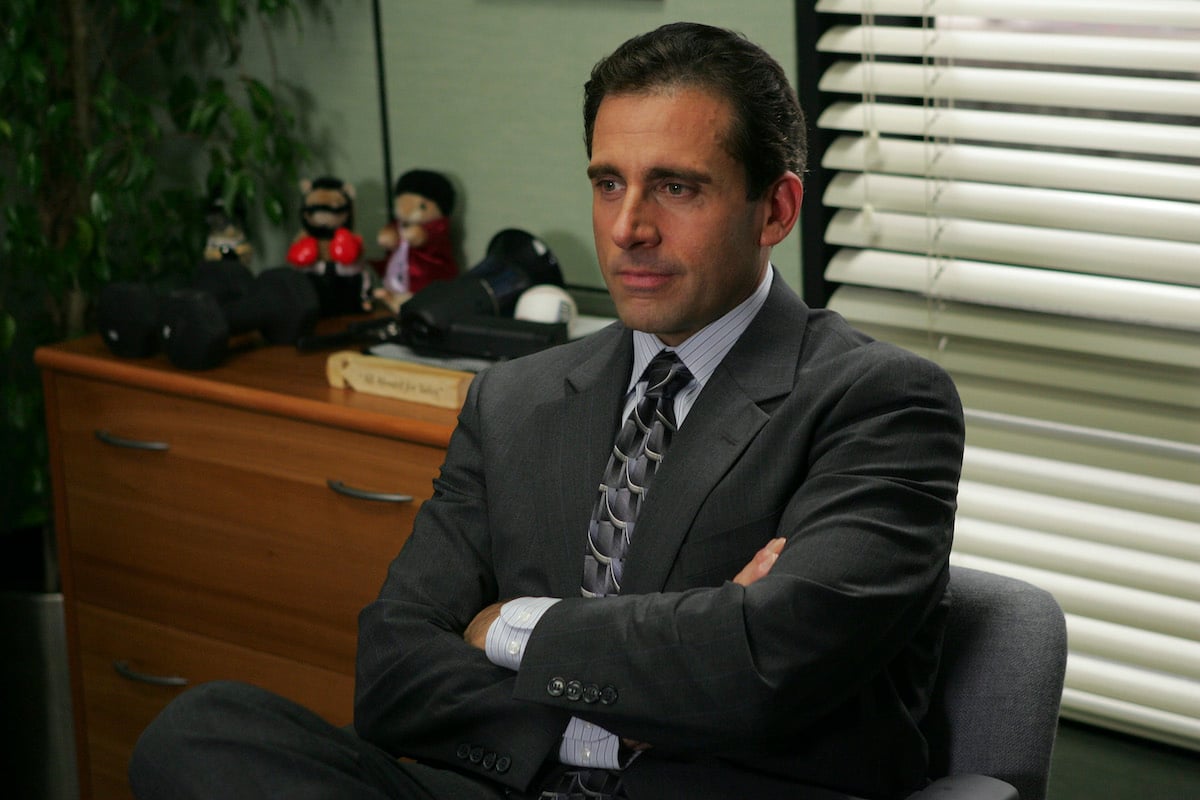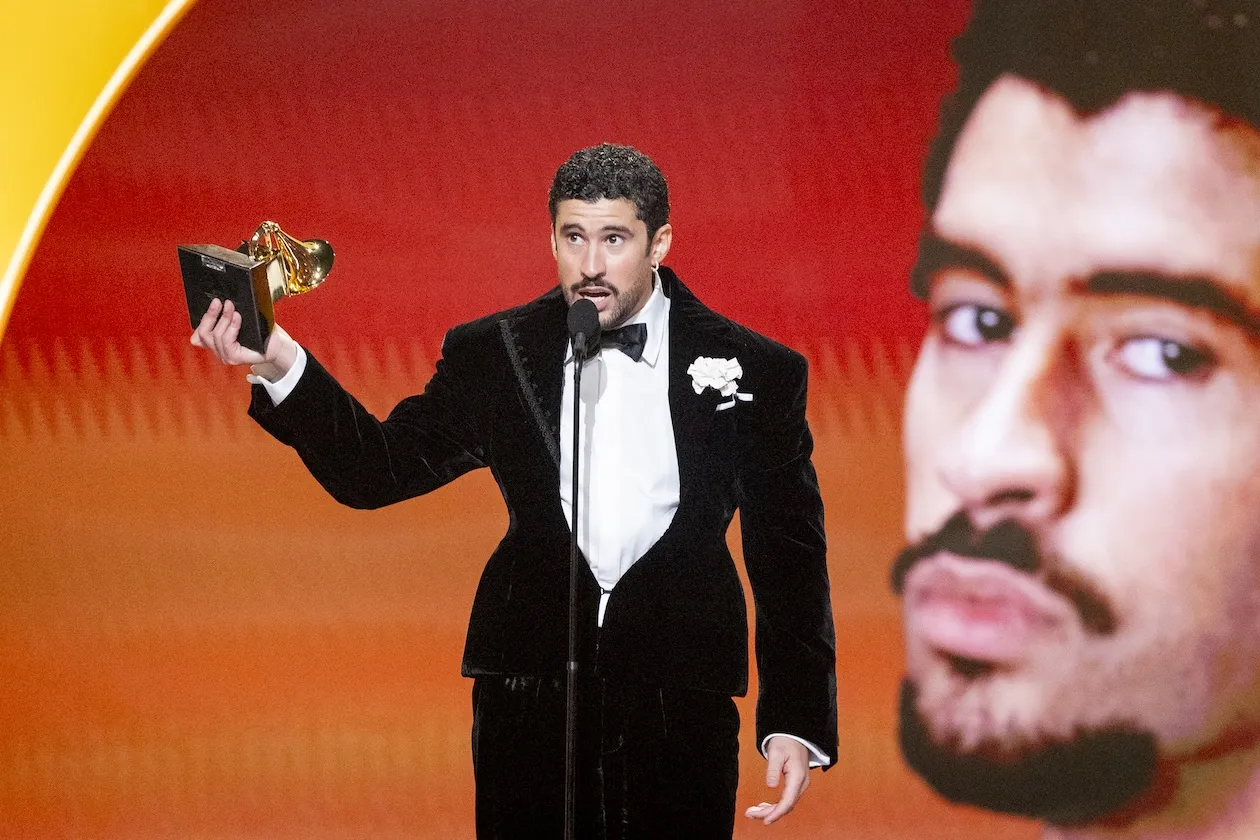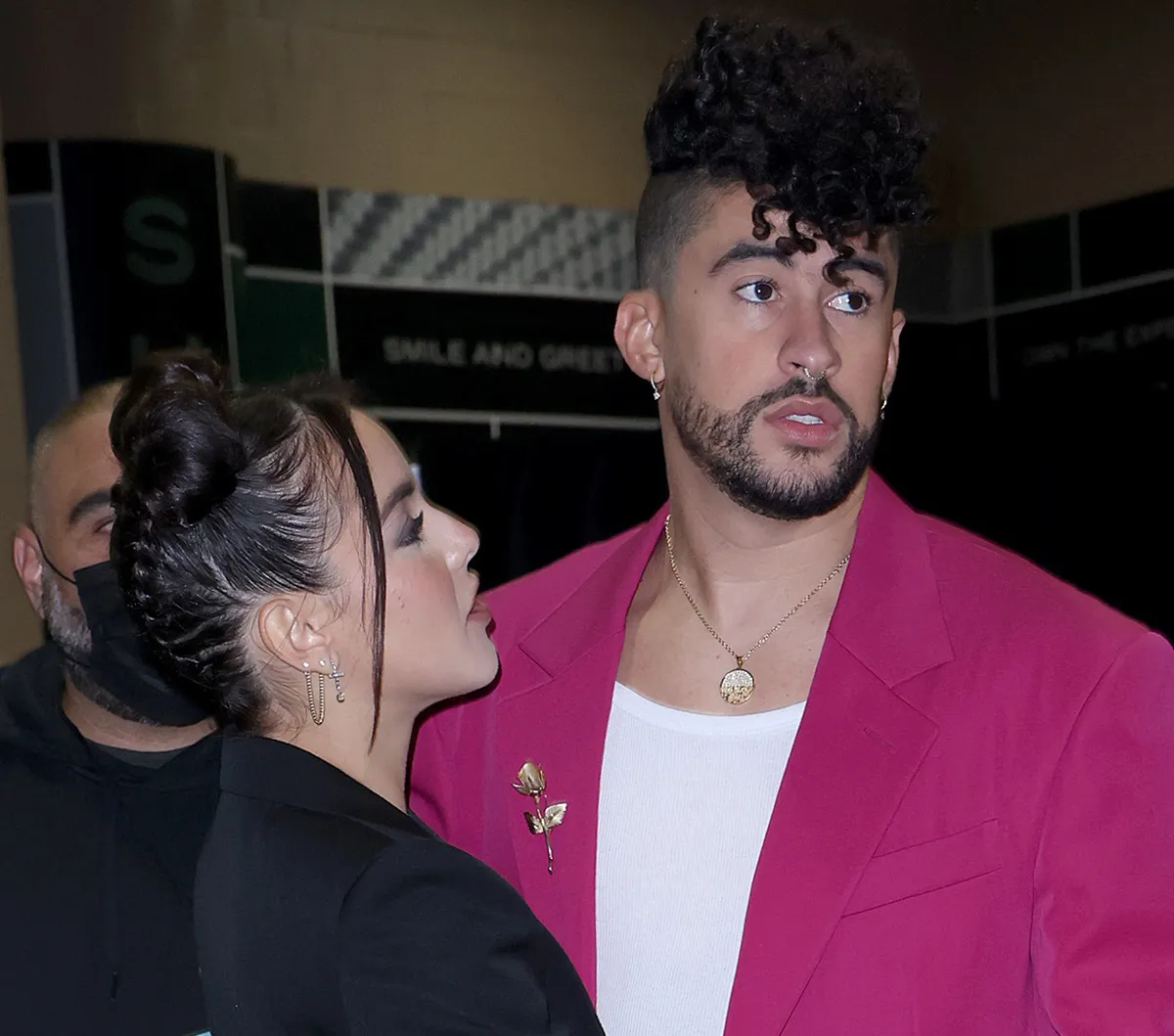‘The Office’: Brian Baumgartner Reveals Why the Fictional Documentary Crew Came to Film; It’s Not as Dark as You Think
The Office changed the way the industry makes comedy shows. As a series about a fiction paper company, many fans wonder why Dunder Mifflin was the focus of a documentary. Office star Brian Baumgartner finally explains why Michael Scott (Steve Carell) and his employees were the subjects in a documentary series.

‘The Office’ documentary style broke the mold for comedy shows
When The Office first aired, some viewers thought it was a legitimate documentary. Eventually, fans realized it was a comedy series unlike any other.
Thanks to The Office’s unique decision to capitalize on the documentary look, the show feels authentic. That authenticity came from camera operators who worked previously in reality television.
“Our director of photography and cameraman had come from Survivor,” director Paul Feig told Rolling Stone. “That’s the genius of [executive producer and co-creator] Greg Daniels. We’d set the scene up and then they would just shoot it the way they would shoot a reality show.”
‘The Office’ cast hints at a dark theory about why documentarians came to film Dunder Mifflin’s employees
Diehard Office fans will remember a mention of someone named Tom Peets in the episode “Performance Review.” In one scene, Michael reads suggestions from an old box. One of them says: “We need better outreach for employees fighting depression.”
That suggestion was from Tom, an employee Michael thinks is fake because no one by that name works for Dunder Mifflin. Phyllis (Phyllis Smith) reminds him that of a past employee named Tom Peets. He died by suicide the year prior.
“His suicide happened a day before the pilot aired — or they came in to tape the pilot,” Mindy Kaling explains during a panel at The Office Convention in 2007. “In the pilot episode, Michael is taking around the temp (B.J. Novak) and says, ‘We all just came back from the funeral of Tom.'”
Despite the dark connection to Tom’s character, Kaling says the writers weren’t thinking about that when they included the joke in the show. As this story goes, the documentary crew was assigned to Dunder Mifflin to see how the company handled the death of an employee. But when they saw Michael Scott’s hijinks, the subject of the documentary took a turn.
Episodes of ‘The Office’ were meant to cover what happened in one day
Paul Lieberstein wrote and directed many episodes of The Office. But he also starred in the series as Toby Flenderson. As he explained on The Office Deep Dive With Brian Baumgartner, each episode of the “documentary” was meant to take place over the course of a single day in the office.
Over time, stories called “mini-arcs” were worked into the show. These were stories that spanned multiple episodes, like the journey of the Michael Scott Paper Company.
For the most part, each episode was a self-contained day. “When we were talking about the concept of the show, a documentary crew had come there that day for some reason,” explains Lieberstein. “And everything we shot that day was contained in their intention.”
Whenever they broke the one-day rule, it’s because the fictional documentary crew was following a story revolving around a worker. “It was our feeling that they weren’t there every day catching everything,” he added. But by the end of The Office, that changed.
‘The Office’ documentary was about problems at Dunder Mifflin
Baumgartner says he never heard the real reason the documentary crews showed up in the fictional world of The Office. He was shocked during his chat with Lieberstein.
“They came because they knew this person was coming to talk to Michael about a problem [corporate] received,” Lieberstein explained, referencing “Diversity Day” and the training Michael needed to comply with office etiquette.
That was the original hook. But according to Lieberstein, documentary crews only showed up when the office had something going on after that. Whether it was a Christmas party or a mandatory shaming from corporate, the documentarians were only on location when something interesting was happening.


